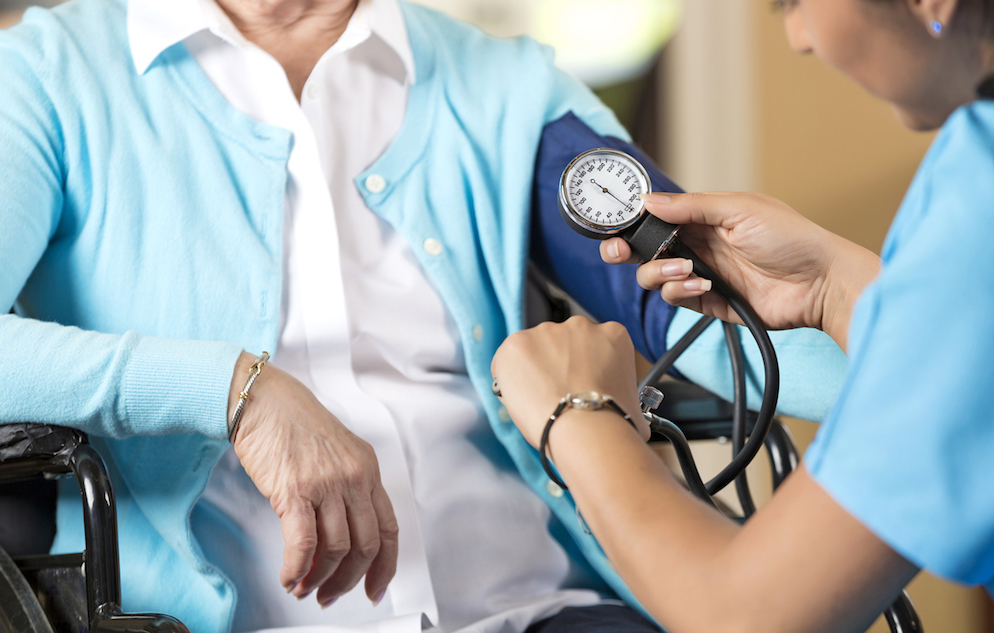Elderly individuals often prefer heavier flavors, leading to high salt intake. Adults naturally consume about 1000 mg of sodium daily from food, so an additional intake of about 1200 mg of sodium from salt is sufficient, equivalent to controlling salt intake to around 3 grams per day. Given the difficulty of actual control, the World Health Organization recommends that the salt intake for the elderly be maintained between 3 to 6 grams, roughly equivalent to the amount of a beer bottle cap lid, which helps maintain health.
Ignoring salt control, the elderly may face the risk of hypertension, as excessive intake of sodium, the main component of salt, can cause blood pressure to rise and exacerbate vascular aging issues. Even if a high-salt diet in the short term does not trigger hypertension, its long-term risks should not be overlooked. The early symptoms of hypertension may not be obvious, but as the condition progresses, symptoms such as dizziness, headaches, and various complications may occur, seriously affecting the quality of life and life expectancy of the elderly.
Therefore, salt control is crucial for the elderly. How to implement it effectively?
Adjusting cooking habits is a good method. Using vinegar, lemon juice, and other acidic condiments to replace some salt and soy sauce can enhance the flavor of food, reduce sodium salt intake, and lemon juice can also maintain the freshness of ingredients. Using steaming rather than frying for cooking helps reduce oil and salt, preserving the natural flavor of food and promoting health.
In terms of ingredient selection, opt for vegetables with strong flavors such as green peppers, tomatoes, and onions, which can enhance the taste of dishes even with less salt.
When making cold dishes, add a small amount of salt and vinegar just before serving, for seasoning and health benefits.
When using condiments like soy sauce that are high in sodium, dip instead of directly pouring to strictly control sodium intake.
When making soups, reduce or omit salt, as the salt from other foods in the mouth can still bring out the natural deliciousness of salt-free soups.
In conclusion, the elderly need to pay attention to salt control, ideally not exceeding 6 grams per day, and practice healthy low-salt eating through the above methods.


